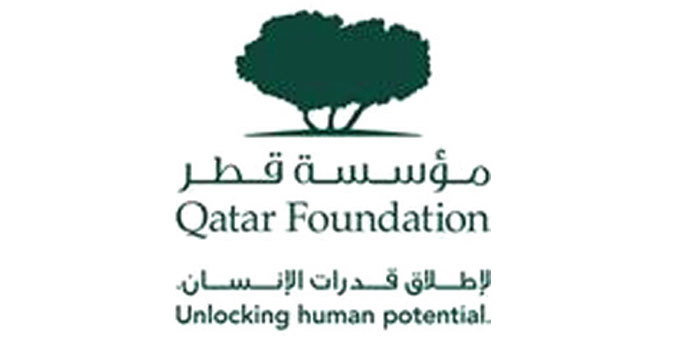|
|
A Qatar Foundation report has highlighted 10 key points for improving workers’ conditions in Qatar after a study found that many of them were subjected to rights violations in the home countries well before their arrival in Doha.
The 160-page “Migrant Labour Recruitment to Qatar” report, specially commissioned as part of the Qatar Foundation Migrant Worker Welfare Initiative, is aimed at addressing the current issues surrounding low-skilled expatriate workers’ rights.
Compiled by Dr Ray Jureidini, associate professor of sociology at the Institute for Migration Studies at the Lebanese American University, and director of research at the Centre of Design Innovation at Qatar Foundation, the report is based on a study conducted to ascertain the financial and procedural circumstances that give rise to basic human rights violations during labour recruitment in so-called “sending countries”.
Based upon the study’s findings, the report aims to offer recommendations for reform that will reduce or eliminate labour and human rights violations – and stimulate discussion on the issues raised.
Published by Bloomsbury Qatar Foundation digitally on qscience.com, the “Migrant Labour Recruitment to Qatar” study was conducted to provide a clearer understanding of the various people, institutions and issues involved in recruitment and hiring practices of migrant workers to Qatar.
The report examines ways in which reforms that enshrine workers’ rights and employment conditions, according to international labour and human rights standards, could take place.
The results of the qualitative study comprise interviews and discussion groups with migrant workers, government representatives, recruitment agencies, academics, NGOs and international agencies in each of the five main labour sending countries – Philippines, Nepal, Bangladesh, Sri Lanka and India.
Key discussion topics included recruitment, regulations, financing, contracts, pre-deployment preparation, recruitment agency policies and practices, visas, remittances and wage rates. The discussions led to key findings in all five countries visited, where workers reported common rights violations in advance of arrival in Qatar.
The discussions resulted in 10 key recommendations outlined in the “Migrant Labour Recruitment to Qatar” report, including government-to-government collaboration; standardised financing rules prior to coming to Qatar; the use of accredited ethical recruitment agencies; labour suppliers contracts in Qatar; standardised contracts and procedures; visas; wages; transfer of employment, exit visas and passports; and pre or post-departure orientation and financial, health and family preparation.
As part of QF efforts to identify and take action against unlawful employment agents in sending countries, a series of field trips has been planned to assess specific issues in each territory. Christopher Newman, welfare manager at Qatar Foundation’s HSSE Directorate, recently returned from a fact-finding trip to Philippines, where he uncovered considerable evidence of malpractice.
“The recruitment process in sending countries such as Philippines is a complex one,” said Chris, “and many potential employees fall victim to such complexities as they are unaware of Qatari law which prevents illegal payments for visas, for example.
“We are working to identify and ban any agents who engage in such practices and, at the same time, make prospective workers fully aware of their labour rights before they even arrive in Qatar.”

